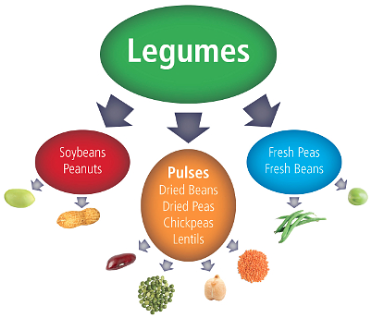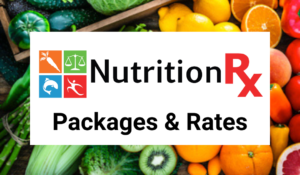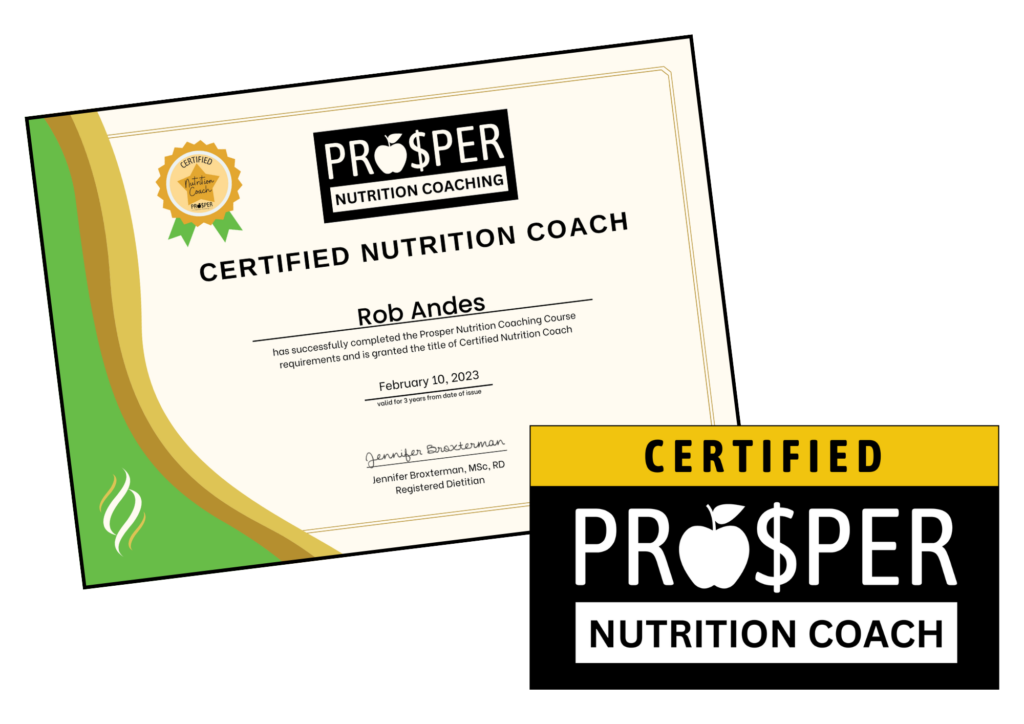

Beans, Legumes, and Pulses
The United Nations has declared 2016 as the International Year of the Pulses, and for good reason! Pulses are full of nutrients like fibre, protein, zinc and iron, and folate. They are very economical and also good for the environment, with a super small ecological footprint to grow, harvest, and eat.
What are Pulses?
Pulses, part of the legume family, come from the Latin work puls meaning “thick soup or potage.” Pulse refers to the dried seed, and common varieties of pulses are chickpeas, lentils, died peas, and dried beans.
How to Include Pulses in Your Diet
When we teach the Healthy Plate Model at NutritionRx, many people think of just meat and seafood as protein sources, but pulses are vegetarian proteins that anyone can include in their meals! Along with protein, they are packed with fibre, which can help you feel fuller, maintain normal blood sugar levels, and help to lower cholesterol. They are also filled with a special type of fibre called soluble fibre that helps to feed our healthy bacterial cultures that live in our digestive tract, also referred to as our probiotic or “good bacteria”.
Aside from adding them to soup, there are so many delicious and creative ways to get more pulses into your diet. Below are some ideas on how to use lentils, chickpeas, black beans, red and white kidney beans, black eyed peas, and more as great additions to your diet. One simple way to include a variety of pulses into your nutrition plan is to make one big bean salad and add your favourite chopped veggies with a bit of dressing and fresh herbs.
Lentils
- Use in place of ground beef (or replace half the ground beef) in pasta sauce.
- The next time you cook brown rice, add ¼ cup of dried green lentils and ½ cup water and cook together. With every spoonful, you will get a few lentils and add some extra nutrients to your rice side dish.
- They make a great side dish in this Greek Lentil Salad: https://nutritionrx.ca/greek-lentil-salad/
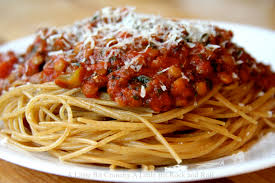
Chickpeas
- Roast chickpeas for a crunchy snack or a nutrient dense replacement for croutons on salad: https://nutritionrx.ca/roasted-spicy-chickpeas/
- Make your own hummus. You can even get creative and replace the chickpeas with other types of beans to mix up the flavour of your hummus. Some of our personal favourites are black beans hummus and white kidney bean hummus.
Black Beans
- Use in place of chicken to make black bean quesadillas.
- Mix a can of corn, black beans, diced tomato and avocado with some lime juice and cilantro for a quick salsa that makes a great topping for chicken or a dip for crackers.
- Believe it or not, you can even blend up black beans and add them to brownies! https://nutritionrx.ca/gluten-free-black-bean-brownies/
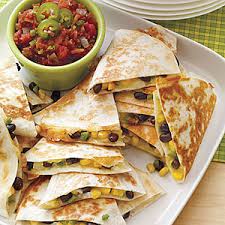
Cooking Tips
- For convenience, you can buy cooked beans in cans. If you do, look for ones with “No Salt Added” on the label.
- You can also buy dried beans. Lentils are the only ones that you will not need to soak over night, and you cook them in a pot of boiling water like you would rice or quinoa, with a ratio of 1 cup lentils to 2 cups water.
- Other dried beans require soaking before cooking. The night before cooking, place beans in a large bowl and add water, until about 1 inch above the beans is covered in water. Let this sit in the fridge overnight so that the beans will absorb the water and expand. When you are ready to cook, discard the water and place beans in a pot. Add more water until about 1 inch covers the beans. Bring to a boil then turn down the heat and let simmer, covered, until water is absorbed.
Enjoy!
Wishing you health & happiness,
♡ Jen
Jennifer Broxterman, MSc, RD
Registered Dietitian
NutritionRx: happy, healthy living with our team of Registered Dietitians
Prosper Nutrition Coaching: a world-class nutrition coaching certification
+
+
+
Want to work with a NutritionRx Registered Dietitian?
Learn more here: Nutrition Packages & Rates
+
+
+
Want to become a Certified Nutrition Coach?
Learn more about our habits-based Prosper Nutrition Certification

